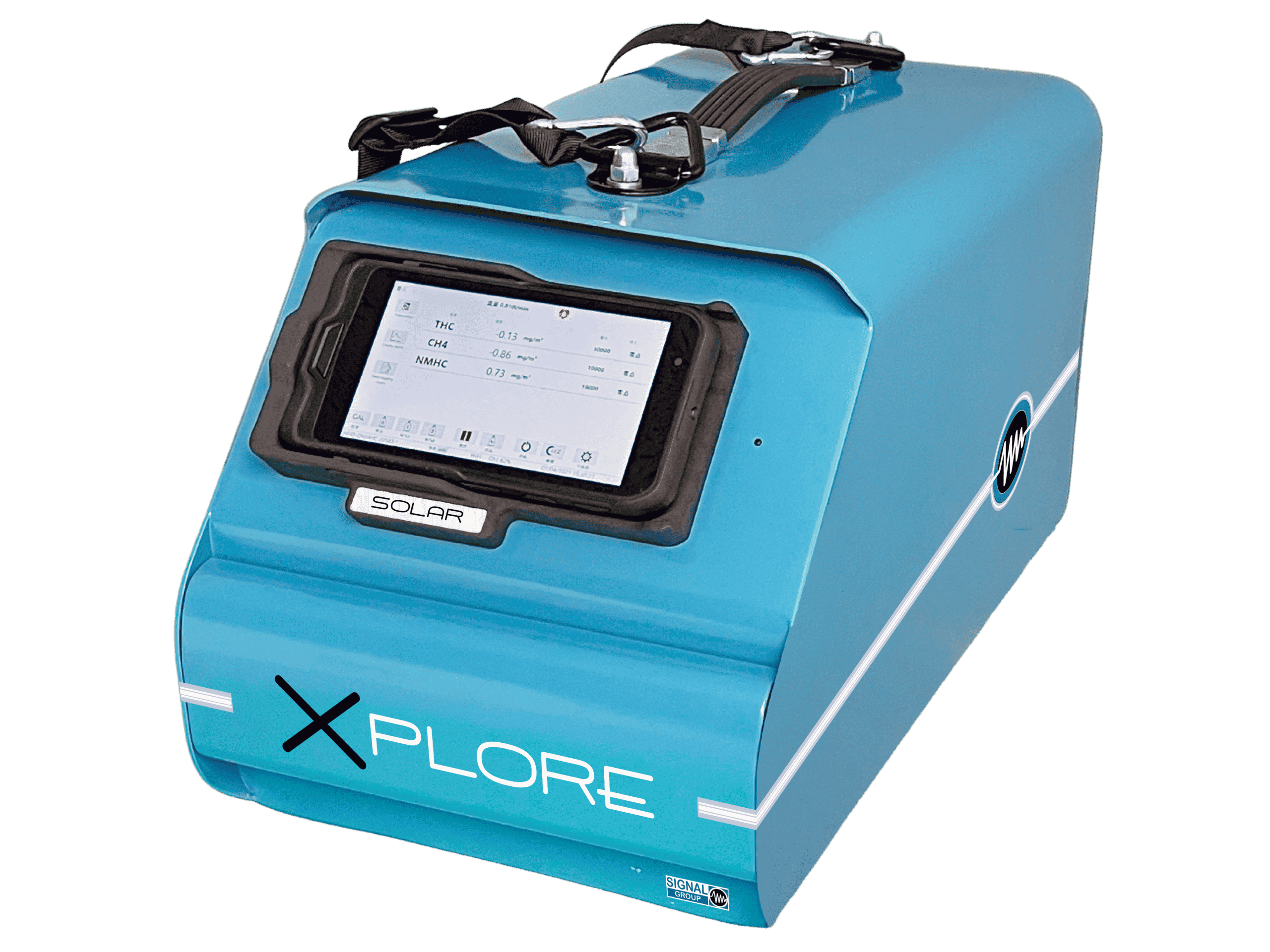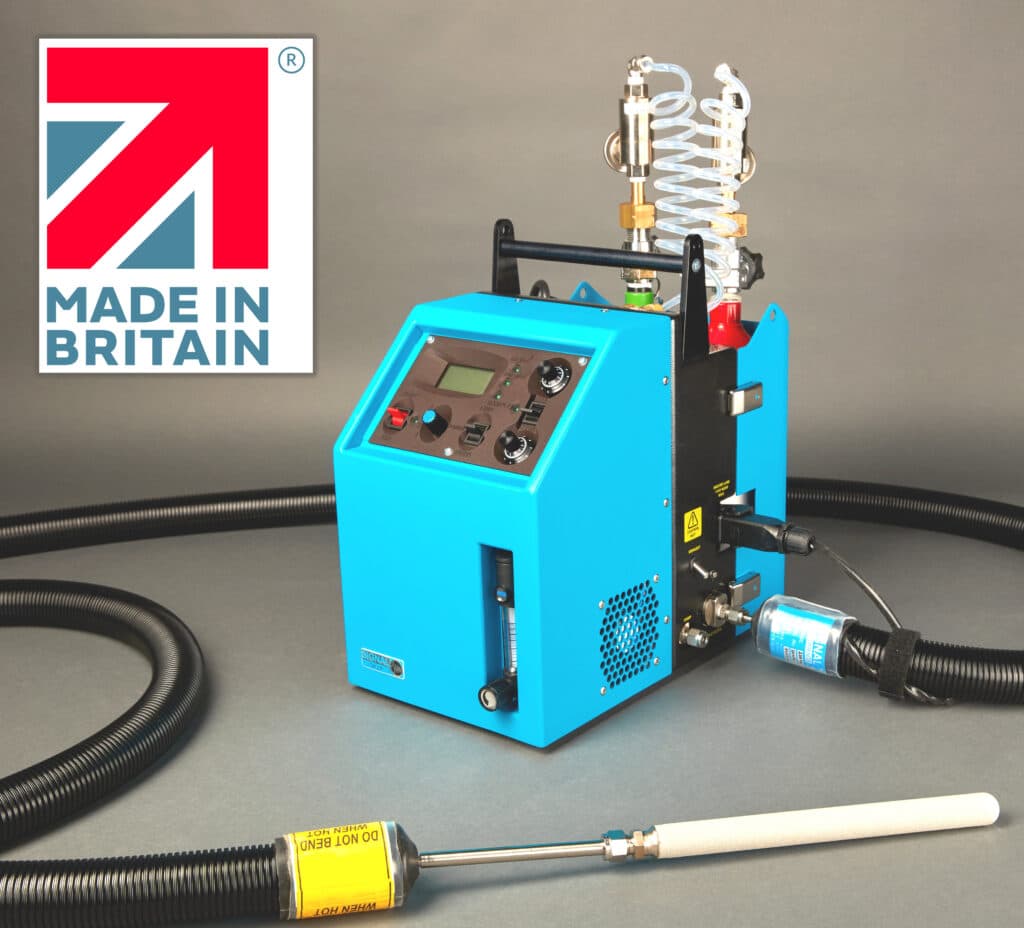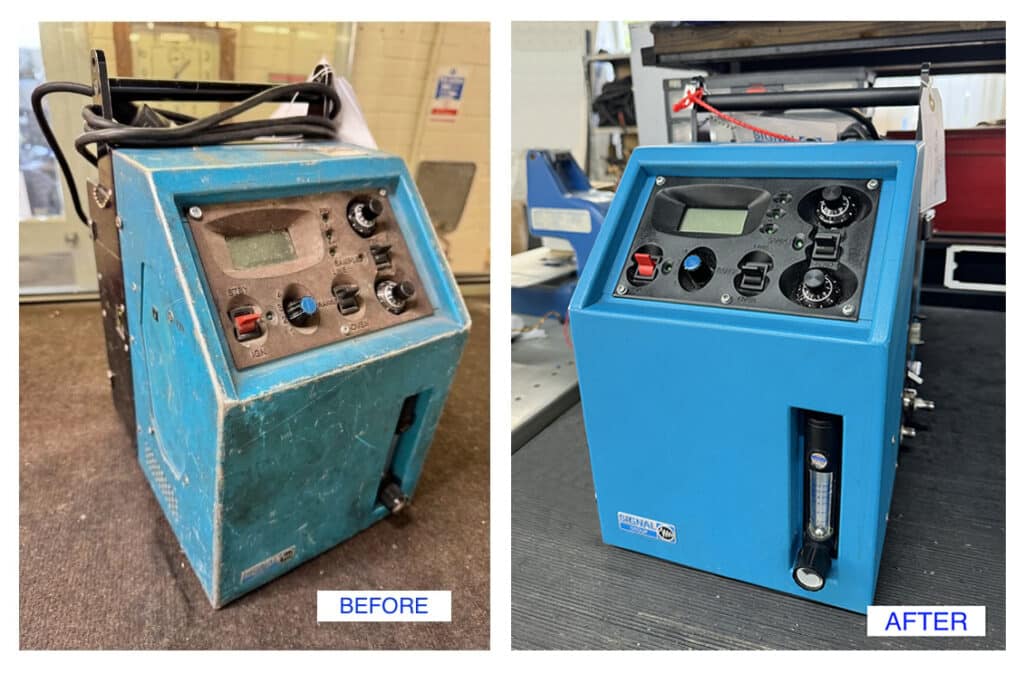
Signal Group launches international distributor incentive scheme
Signal Group from Camberley near London has launched a new scheme to motivate its network of international distributors and reward good performance. As a specialist manufacturer of gas analysis equipment, Signal relies on distributors to service its customers around the world. Managing Director James Clements says: “In recent years, we have


















